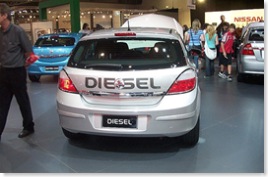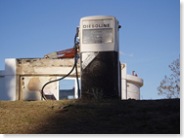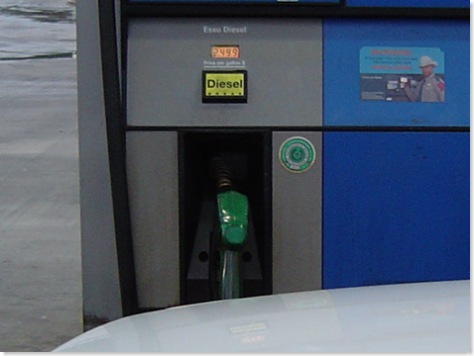Alternatively fuelled vehicles showed a general improvement last month over September’s figures, with diesels showing particular improvement compared to last month and October 2006. Some of the highlights:
- Non-petrol vehicle sales were growing faster than petrol vehicle sales compared to 2006, with combined alternative fuel passenger and 4WD vehicle sales representing 13% of the total sales in October 2007, compared with 10% in October 2006.
- Diesel vehicles recorded the strongest growth, with diesel passenger vehicle sales growing by 14% over the previous month and 60% over October 06. Diesel 4WD sales were also higher, with October recording 21% higher sales over September.
- Hybrid vehicles also recorded growth, particularly in the hybrid 4WD market, which grew 128% compared to September. Hybrid sales are now split roughly equally between private and fleet operators, showing an increase in the uptake of hybrids among private owners.
- LPG was the only fuel to record a decrease in sales, likely due to a trailing off of initial interest after the federal government’s LPG incentives were introduced. Non-private or fleet operators are still overwhelmingly the major buyers of LPG passenger vehicles, buying some 50 times as many of the vehicles as private operators.
- No data on ethanol-capable vehicles was available, though Saab is the only company to sell such production cars in Australia.
(Source: FCAI)





